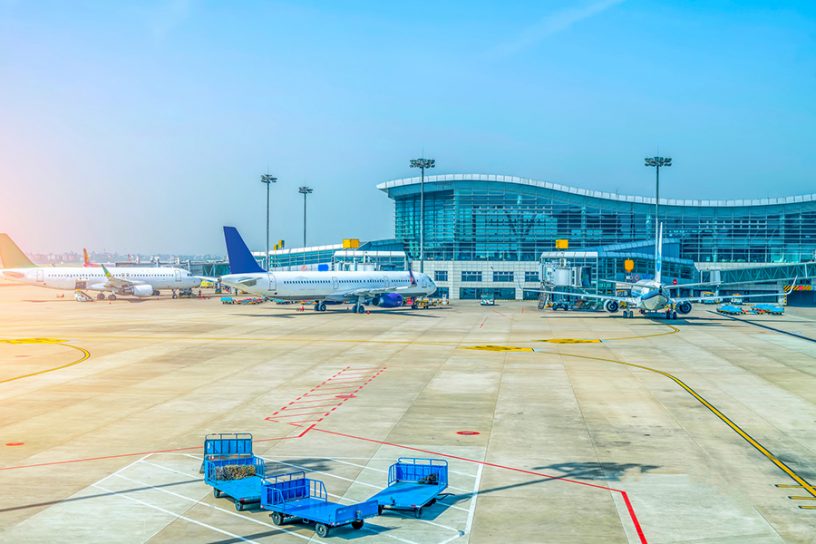
This paper uses game-theoretic mathematical models to explore the impacts of reciprocity and fairness concerns on environmental sustainability in a single-airport two-airlines system.
Authors
Aasheesh Dixit, Indian Institute of Management Lucknow, Lucknow, Uttar Pradesh, India.
Tsan-Ming Choi, University of Liverpool Management School, Liverpool, L69 7ZH, United Kingdom.
Patanjal Kumar, Assistant Professor, Jindal Global Business School, O. P. Jindal Global University, Sonipat, Haryana, India.
Suresh K. Jakhar, Indian Institute of Management Lucknow, Uttar Pradesh, India.
Summary:
Operations of airports and airlines are highly inter-dependent. Over the past decades, we have witnessed all kinds of alliances and coordination between airports and airlines. The observed industrial practices uncover that airports reward their airline partners with aligned objectives such as those in environmental sustainability, thereby displaying the positive reciprocity behaviors.
However, the airport’s preferential treatment towards a particular airline may induce the feeling of unfairness to the other airlines, leading to non-trivial peer-induced fairness concerns. In this paper, by building game-theoretic mathematical models, we analytically explore the impacts of reciprocity and fairness concerns on environmental sustainability in a single-airport two-airlines system.
Our analysis highlights the importance of the cardinal relationship between an airport and airline(s) and shows that (i) a higher level of reciprocity of airport towards an airline helps improve the greening level, (ii) the presence of peer-induced fairness concern yields a lower revenue-sharing fraction of the fairness concerned airline, and (iii) improving the passengers’ environmental awareness is favourable for enhancing the environmental sustainability.
To enhance research rigor, we examine various extended models. We show that the theoretical findings derived in the main model remain robust in the extensions.
Published in: European Journal of Operational Research
To read the full article, please click here.


